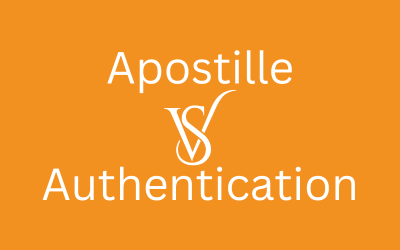Maintaining a C Corporation or Limited Liability Company (LLC) is an ongoing process that requires constant attention. Unfortunately, most small business owners don’t know what they don’t know and busy entrepreneurs often find it tough to carve out time to research what’s required, let alone follow through on it.
Not maintaining compliance with all the rules and regulations might saddle you with fines and even expose your business to liability risks.
I don’t want that to happen to you and I’m sure you don’t either! Here’s a quick checklist of questions to ask yourself to assess your compliance readiness.
1. Have I obtained the required business licenses and permits for my business?
You may need local and/or state business licenses or permits to legally operate your business. Some need to be renewed regularly. A business license could be for anything from your profession (like a dentist) to a liquor or daycare license. If you don’t renew licenses on time, you could have your operations shut down until the issue is resolved.
2. Have I filed my initial or annual report and statement of information for my company?
C Corporations and LLCs must file annual reports in most states. Failure to submit a required annual report could result in the closure of your business. If you don’t know what your annual report requirements and deadlines are, you can review our state-by-state annual report guide.
3. Is my C Corporation or LLC going to be conducting business under a different name?
If you’ve incorporated your business, you’ve already registered your business name and don’t need a DBA (aka doing business as or fictitious name). But you will need one if you want to conduct business under a name that’s different than the name approved for your LLC or C Corporation. An example of this is you registered your business under Joe’s Happy Circus and you’d like to also operate it under The Birthday Palace. Those are two different names and the second name could require you to register a DBA.
4. Will my company be conducting business in a different state?
If your C Corporation or LLC will operate in a different state or in multiple states, you need to qualify to do business in each state in which you’ll be operating. That will require going through a foreign qualification registration process, much like when you formed your corporation or LLC. This foreign qualification process provides state authority to operate in this secondary location.
5. Will I be using the business name nationwide?
If so, you may want to seriously consider applying for a trademark or service mark to protect it from being used by a competitor. By registering your business in your local state, you protect the name of the business in that state only. You need a trademark to protect your name at a national level. While this might not matter for locally focused companies, it does matter for businesses that want to have offices and operations across multiple states.
6. Do I need to make any changes to my company information?
You need to officially notify the state if you make any key changes (such as your business address, company name, board members, etc.) to your C Corporation or LLC. The proper documentation for this is called the Articles of Amendment. This must be done to keep the state up to date on the current operations of the business.
7. Have I registered my company for tax and compliance alerts throughout the year?
In a way, this last question is the answer to the other six that came before it. Using CorpNet’s Compliance Portal is a wonderful way to get the peace of mind that your business is on top of all it needs to do to be compliant. It will keep you in the know about all your critical filings and due dates. It doesn’t get much easier than that!
As an entrepreneur, I understand the challenges of keeping up with compliance requirements. It’s daunting for time-crunched small business owners who are responsible for all aspects of starting and running their businesses. However, compliance is extremely important to avoid penalties, which could be financially and legally debilitating. It pays to make it a priority.
Want to make compliance as uncomplicated and convenient as possible? Consider using CorpNet to handle processing all your registrations and filings. We’re available to create and submit documentation for you in all 50 United States.
Use CorpNet's Free Compliance Portal to Keep Your Business in Compliance
Our secure portal saves you from the hassle of visiting multiple government websites to find the information you need and the proper applications to complete. CorpNet makes everything available in one place, so you don’t have to spend hours upon hours trying to navigate those complicated and frustrating government websites.





